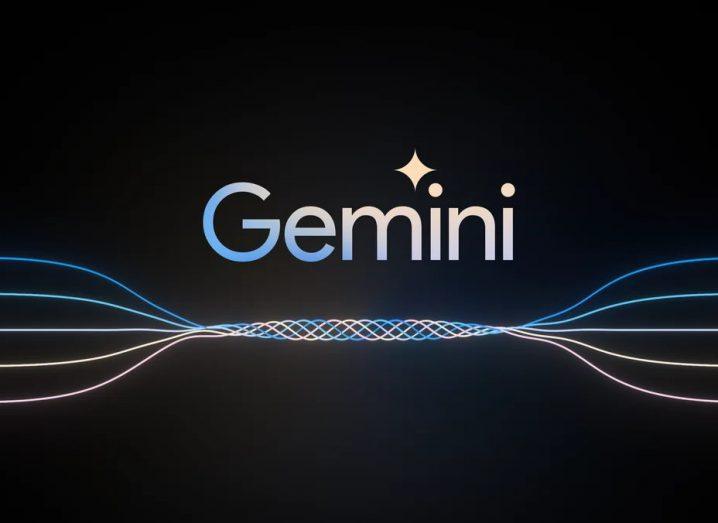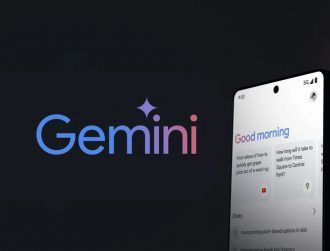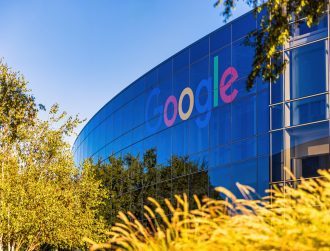
Image: Google
CEO Sundar Pichai announced three versions of Gemini – Ultra, Pro and Nano – optimised for different scales of use as Google takes aim at OpenAI in the AI race.
Google has just unveiled its most “capable” generative AI model called Gemini after nearly a year-long effort to take on ChatGPT.
The search giant first raised alarm bells earlier this year in the aftermath of the launch of ChatGPT by Microsoft-backed AI company OpenAI. The idea was that an AI-powered tool that could browse the web could replace Google’s dominant search engine, putting a considerable dent on its profits.
Nearly a year later, CEO Sundar Pichai has now finally offered the company’s response to the popular AI chatbot with Gemini, which Google claims outperforms OpenAI’s GPT-4 model across most metrics, including reasoning, maths and coding.
“For a long time, we’ve wanted to build a new generation of AI models, inspired by the way people understand and interact with the world. AI that feels less like a smart piece of software and more like something useful and intuitive – an expert helper or assistant,” said Demis Hassabis, CEO and co-founder of Google’s AI division, DeepMind.
“Today, we’re a step closer to this vision as we introduce Gemini, the most capable and general model we’ve ever built.”
Gemini for Search
Google first announced it was working on making Gemini available for public use at the I/O developer conference in May, as it celebrated its 25 years of existence as a company.
Pichai said in an announcement today (6 December) that the first version of its flagship AI model, Gemini 1.0, is optimised for different scales of use: Ultra, Pro and Nano.
“These are the first models of the Gemini era and the first realisation of the vision we had when we formed Google DeepMind earlier this year,” he said.
“This new era of models represents one of the biggest science and engineering efforts we’ve undertaken as a company. I’m genuinely excited for what’s ahead, and for the opportunities Gemini will unlock for people everywhere.”
While Nano will be used to run on Android devices such as the new Google Pixel 8 Pro smartphone, the Pro version of Gemini will be used to power Bard, the company’s existing AI chatbot. Meanwhile, Ultra, the most advanced version of Gemini aimed at developers and enterprises, won’t be launched until next year.
Hassabis said that Google is now experimenting with infusing Gemini into its search engine for what it calls a Search Generative Experience, with claims of a 40pc reduction in latency (in English) in the US among other improvements.
“This is a significant milestone in the development of AI, and the start of a new era for us at Google as we continue to rapidly innovate and responsibly advance the capabilities of our models,” Hassabis went on.
“We’ve made great progress on Gemini so far and we’re working hard to further extend its capabilities for future versions, including advances in planning and memory, and increasing the context window for processing even more information to give better responses.”
Last week, DeepMind claimed one of its AI models has found 2.2m new crystals, which the company equated to nearly 800 years’ worth of knowledge.
DeepMind said 380,000 of these crystals are “stable” and are the best candidates for creating new materials that could boost various forms of technology such as such as superconductors, supercomputers and next-generation batteries to support electric vehicles.
10 things you need to know direct to your inbox every weekday. Sign up for the Daily Brief, Silicon Republic’s digest of essential sci-tech news.






